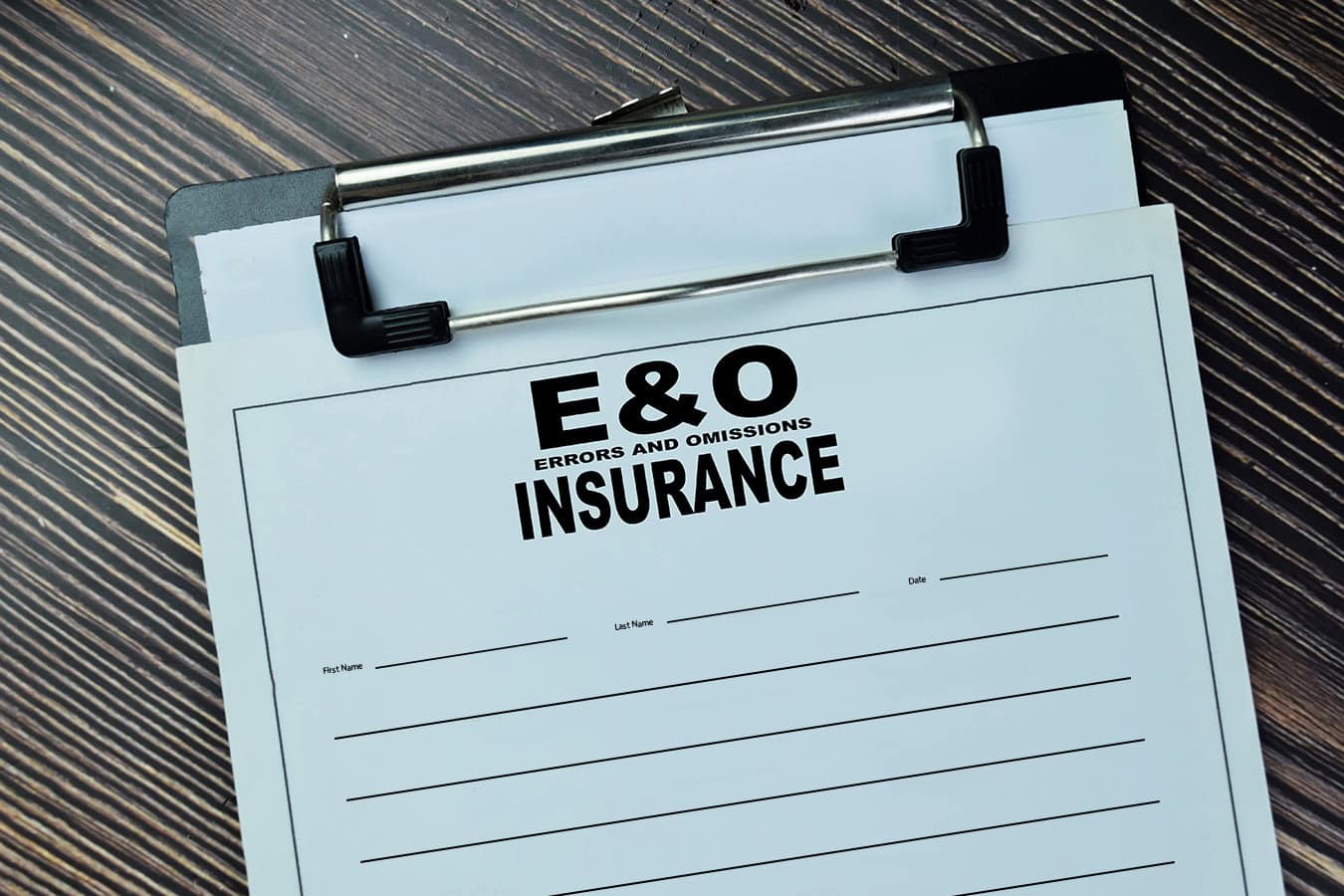
- Is your CRM vendor an SEC compliance liability? Understanding Third-Party Risk
- FINRA Arbitrators Expunge Unsuitability Complaints From Florida Financial Planner’s Record
- AdvisorLaw Wins $295K For Ameriprise Advisor In Succession Contract Battle
- FINRA Panel Grants Expungement Of Trade Delay Allegation For Virginia Advisor
- AdvisorLaw Wins Unanimous FINRA Expungement for False Liquidity Allegations
- FINRA Panel Grants Advisor Expungement Tied to Covid-Impacted Investment
Award Date: June 14, 2024
Claimant Representative: Peter Lindholm, J.D., HLBS Law
Respondent Firms: Mutual Service Corporation and Valmark Securities, Inc.
Case Objective:
An Illinois-based advisor who began his career in the industry in 1976 had two customer disputes that he wanted expunged from his records. He hired HLBS Law to take advantage of their expertise in FINRA Dispute Resolution expungement matters.
Summary:
In 2003, the advisor began to work with the plan advisor for a certain company’s 401(k) retirement plan. The administrator sought recommendations for funding the plan, which was currently held in nonqualified, supplemental executive retirement plans and a deferred compensation plan.
The advisor reviewed the plan and recommended funding it with corporate-owned life insurance (COLI), for its ability to grow account values tax-free and its allowance of tax-free distributions. The plan was currently being funded with mutual funds and variable annuities from PFG, and the advisor reviewed a comparison of the plan’s current funding and the proposed COLI funding with the administrator.
The administrator declined the recommendation and requested variable annuity recommendations instead. Between 2004 and 2008, the company purchased 12 separate John Hancock annuity contracts on behalf of 12 individuals.
In October 2008, the company’s new attorney recommended that the plan be placed in mutual funds, and the company lodged a claim against the advisor in order to seek a waiver of the surrender charges for the Hancock annuities. The firm settled with the company for around $40K, and the advisor’s errors and omissions (E&O) insurance covered his contribution.
Around 2013, the advisor was working with a CEO on his company’s employee benefits program, and the program’s assets were invested in an advisory account with Schwab. In April 2013, the plan’s actuarial consultant sent a fax request to the advisor, requesting that a distribution be made to a plan participant. The advisor’s office submitted all of the required paperwork to Schwab, and the Schwab employee responsible for completing the request claimed to have processed it. The advisor and Valmark were told that it had been completed.
Around September 2014, the advisor was alerted that the payment had not actually been made. The mistake was corrected, and the participant was paid out in full, plus additional funds of about $13K.
In December 2015, despite the fact that his office had done everything correctly, and the payment error had nothing to do with the advisor, he received a customer dispute disclosure on his records, alleging a failure to follow instructions.
Valmark settled with the customer’s company for around $12K, and the advisor’s E&O insurance once again covered him.
Resolution:
Valmark participated in the advisor’s expungement hearing, though Mutual Service Corporation and all customers declined to participate. The Arbitrator listened to testimony, as well as to the arguments presented on the advisor’s behalf by Peter Lindholm, J.D., HLBS Law.
In the award explaining the Arbitrator’s decision and reasoning, he specifically mentioned that he had considered the fact that the advisor had “contributed to the settlement amount in an amount equal to the deductible on [his] E&O insurance.”
While the mention of an E&O carrier stepping into a customer dispute settlement may seem to some to be an admission of guilt that would essentially wipe out an advisor’s chances for expungement, that is not at all the case. FINRA arbitrators often understand why E&O stepped in, even when the advisor was not at fault in any way.
Regarding this advisor’s first claim, the Arbitrator noted that “The case was settled despite there having been no fault of [the advisor] with regard to the choice of investments by the customer or any basis for the customer demanding waiver of the surrender charges.”
Similarly, the Arbitrator pointed out that, in the second scenario, “The testimony of [the advisor] and the exhibits presented indicate that the failure to make the distribution was an oversight on the part of the administrator of the plan [ ] and not the fault of [the advisor or firm], and did not involve any failure of [the advisor] to comply with his duties as a broker.”
With a recommendation for expungement of both claims from the FINRA Arbitrator, this longtime industry veteran will soon have improved public records to reflect his decades of service in the industry.
